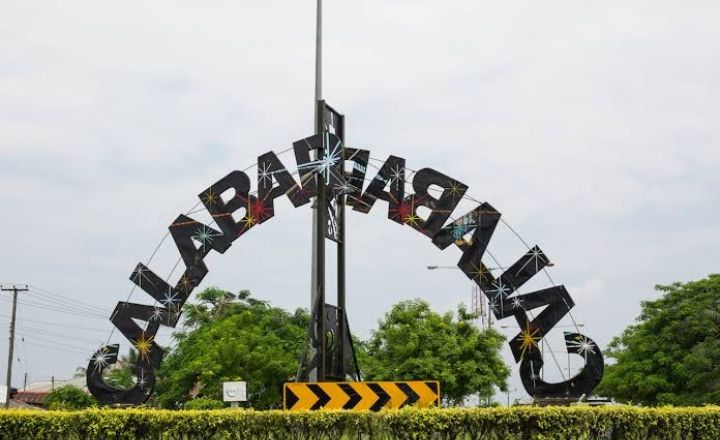The Cross River South Consultative Forum (CRSCF) has reviewed the recent articles penned by Richard Inoyo regarding the state of security in Calabar and Cross River state. While we understand and empathize with the concerns raised, we must express our reservations and provide a more balanced perspective on the matter.
1. Speculative Arguments
Inoyo’s arguments rely heavily on anecdotal evidence and personal observations without substantial statistical backing. The cited instances of car theft and other crimes, while unfortunate, do not suffice to paint an accurate picture of the overall security situation. We believe it is crucial to base such serious claims on comprehensive data and comparative analysis, which are noticeably absent in his narratives.
2. Overlooking Security Improvements
Since the advent of Governor Bassey Otu’s administration, there have been notable improvements in the security landscape of Cross River state. The government has made significant investments in bolstering security, including frequent state security council meetings, funding for police operations, the introduction of community policing initiatives, and advancements in surveillance technology. These efforts have had a positive impact on the security situation, which Inoyo fails to acknowledge in his articles. Ignoring these developments presents a skewed and potentially misleading view of the current administration’s efforts.
3. Unrealistic Expectations of a Crime-Free Society
It is important to recognize that no society is entirely free of crime. While the incidents highlighted are concerning, they do not indicate a complete breakdown of law and order. Petty crime is a common challenge in urban centers globally, and expecting a completely crime-free society is unrealistic. A balanced perspective would acknowledge this reality and focus on continuous improvement rather than perfection.
4. The Role of Community Responsibility
Security is indeed a shared responsibility between the government and the community. While the government has a pivotal role, communities and individuals also have responsibilities in maintaining vigilance and supporting law enforcement efforts. As a forum, we believe in collaborative efforts and encourage community-led initiatives that work in tandem with local authorities to enhance security. This aspect was notably missing in Inoyo’s critique.
5. Constructive Proposals Needed
Criticism is valuable, but it becomes most effective when paired with actionable suggestions. While Inoyo raises valid concerns, his articles lack constructive proposals for improvement. Offering realistic and practical solutions would strengthen his arguments and demonstrate a collaborative approach to addressing these issues. As the CRSCF, we encourage such an approach and are willing to engage in dialogue to develop effective strategies for improving security.
6. Balanced Assessment
The tone of Inoyo’s articles is overwhelmingly negative, potentially skewing public perception without providing a fair assessment of the situation. A balanced analysis should recognize both the challenges and the progress made, offering a more nuanced and credible perspective. We believe that acknowledging the efforts and improvements made by the current administration is essential for a fair critique.
Conclusion
The Cross River South Consultative Forum appreciates the passion for justice and community welfare evident in Inoyo’s writing. However, effective advocacy for change requires arguments grounded in comprehensive data, recognition of improvements, and the proposal of viable solutions. Constructive criticism coupled with collaborative efforts can significantly contribute to enhancing security and overall governance in Cross River State.
We remain committed to working with the government, law enforcement agencies, and the community to ensure the safety and well-being of all citizens. Together, we can build a more secure and prosperous Cross River state.
Signed,
Hon. Eyo Nsa Ekpo Esq
Chairman
Cross River South Consultative Forum (CRSCF)
Calabar.
July 19, 2024.


